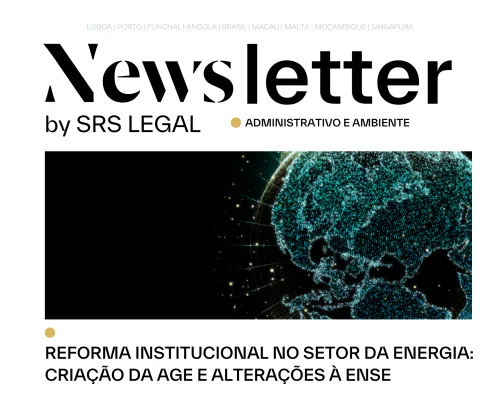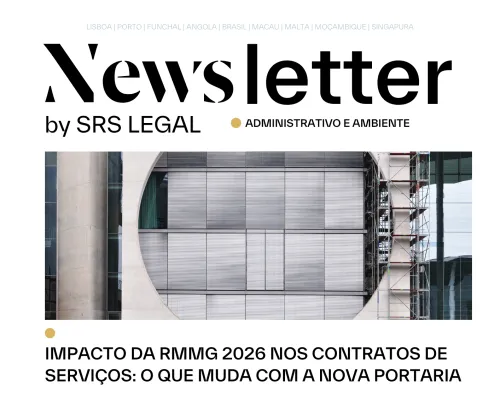Communication
Advocatus Summit - "Laborai: Decent work, from theory to practice
"Laborai: Decent work, from theory to practice", Fernanda Campos, inspector-general of the Authority for Working Conditions (ACI), Cristina Martins da Cruz, judge and lecturer at the Centre for Judicial Studies, Mariana Caldeira de Sarávia, Partner at SRS Legal, and César Sá Esteves, Partner responsible for the labour law department at SRS Legal, gave some thoughts.
César Sá Esteves, Partner at SRS Legal, began by referring to the reinforcement of competencies that the labour law reform will bring to the ACT, "in line with all the legislation during the Covid period in which there was in fact a very important mandate given to the ACT".
Fernanda Campos underlined the responsibility of the public service that is the ACT, whose mission is to promote the regularity of the labour relationship and to supervise, control by the means available in the law, among which sanctioning the irregularity that is committed. "With the Decent Work Agenda, what is asked of the ACT is that, verifying that there are indications of illegality, the labour inspector can, and should, suspend or notify the employer to suspend this decision, failing which it then goes to the Public Prosecutor's Office to do the next job of evaluating the illegality," they say.
For judge Cristina Martins da Cruz there was a great concern with the fight against fraud in the Decent Work Agenda, through the placement of norms in the code that allow the jurisdictional syndication of certain decisions that until then would only be in the employer's control.
"The legislator included in the new diploma, namely in the Labour Code, some norms that are a little disturbing from the perspective of the magistrate who will have to deal with them", he considered. Among these norms, he highlighted article 338-A and article 498-A.
SRS Legal Partner Mariana Caldeira de Sarávia considered that an "excellent opportunity" to rethink the concept of the employment contract was lost. "Compromising solutions could have been found for the interests of companies and workers who want, and in some cases need, greater flexibility," she noted."





